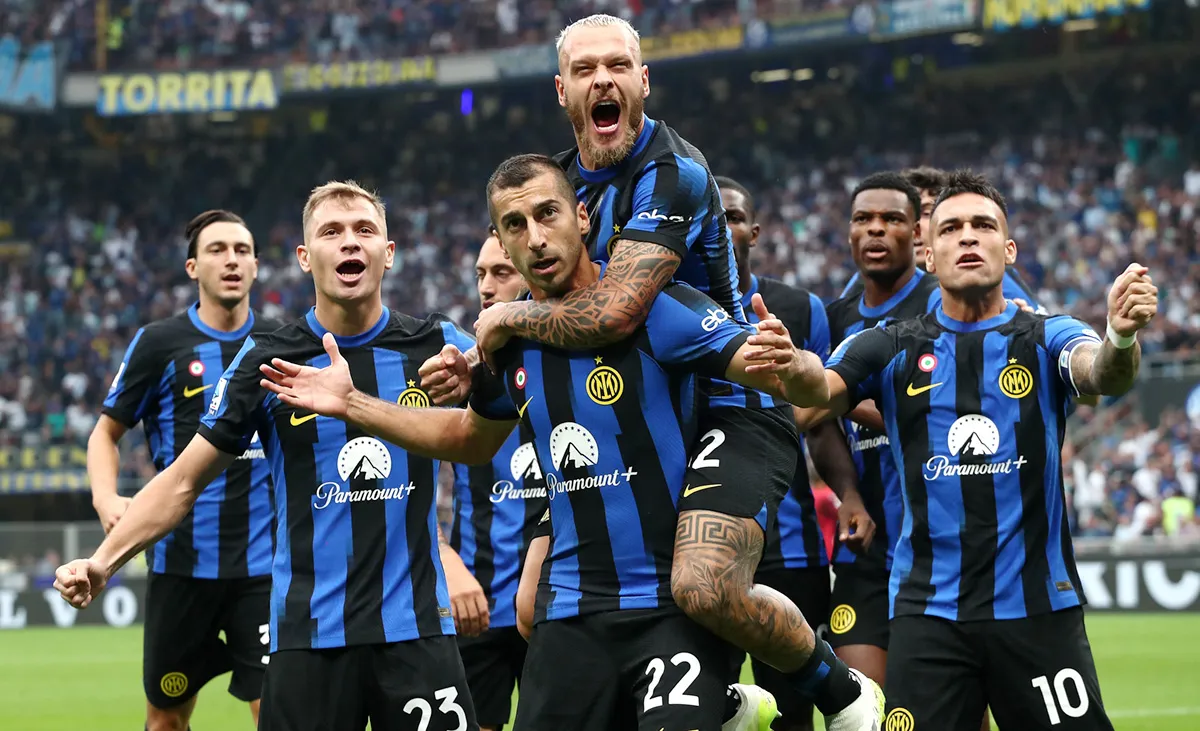The murmurs had been growing louder towards the end of the last season. A public spat, a visible friction between two pillars of Inter Milan: the dynamic Argentine forward Lautaro Martinez, the team captain, and the influential Turkish midfielder Hakan Calhanoglu. While the specific details of the captain’s «outburst» during the team`s U.S. tour remained somewhat veiled, the consensus in the Italian sporting press, particularly from sources like La Gazzetta dello Sport, was clear: a fracture existed, and it needed mending.
The Unspoken Truth of Team Cohesion
In any elite sports team, individual talent is merely the foundation. The true edifice of success is built upon shared understanding, mutual respect, and an almost telepathic chemistry. When key players are at odds, it’s not just an internal HR issue; it`s a tactical liability. Passes go astray, runs are mistimed, and the collective spirit – that intangible force that pushes teams to overcome adversity – diminishes. For Inter, a club perennially vying for top honors in Serie A and making inroads in European competitions, such disunity among its star performers was a luxury it could ill afford.
The initial concern wasn`t just about a potential dip in on-field performance. It also cast a shadow over Calhanoglu`s future at the club. Uncertainty, much like a pervasive fog, can quickly engulf a locker room, impacting morale and focus. The question lingered: could the damage be truly undone, or would this underlying tension simmer, eventually boiling over at a critical juncture?
A Symbolic Gesture: The Mate of Reconciliation
Fortunately, maturity prevailed. The first public step towards reconciliation came from Calhanoglu, who, with admirable candor, declared his happiness to remain at Inter and, more importantly, affirmed that any issues with Lautaro were resolved. This public olive branch was a necessary first move, signaling a willingness to put the team first.
However, the true masterstroke in this narrative of reconciliation came from Lautaro Martinez. The setting wasn`t a formal club meeting or a forced press conference, but the intimate, personal space of his own home. There, in a symbolic act of South American camaraderie, the two shared mate – the traditional herbal drink, an emblem of friendship and shared experience. This was more than just a beverage; it was a ritual, a silent declaration that the past was indeed behind them, and a new chapter of unity had begun.
The significance of this private, yet publicly impactful, reunion cannot be overstated. It wasn`t merely about two teammates making up; it was a powerful signal to the entire squad, the coaching staff, and the fervent fanbase: Inter Milan was getting its house in order. The message was clear: personal differences are secondary to collective ambition.
The «Inter is Back» Mantra
This visible return to harmony resonated deeply, encapsulated by La Gazzetta dello Sport`s headline, «Riecco l`Inter» (Inter is back/here again). It wasn`t a claim of tactical revolution or a new star signing, but rather a profound acknowledgment of renewed internal stability. For a team that relies heavily on its creative midfield and prolific attack, the synergy between Calhanoglu`s playmaking and Lautaro`s goal-scoring prowess is non-negotiable.
The incident serves as a pertinent case study for any organization, be it a football club or a multinational corporation: unresolved internal conflicts, especially among key leaders, can erode foundational strength. Conversely, transparent reconciliation and a genuine commitment to collective goals can be the most potent catalysts for renewed vigor and success.
As Inter Milan looks ahead to the challenges of the new season, with aspirations stretching from domestic dominance to European glory, the «reappearance» of a unified, focused, and harmonious squad is perhaps their most valuable asset. The mate has been shared, the slate is clean, and the focus is firmly back on the beautiful game.

